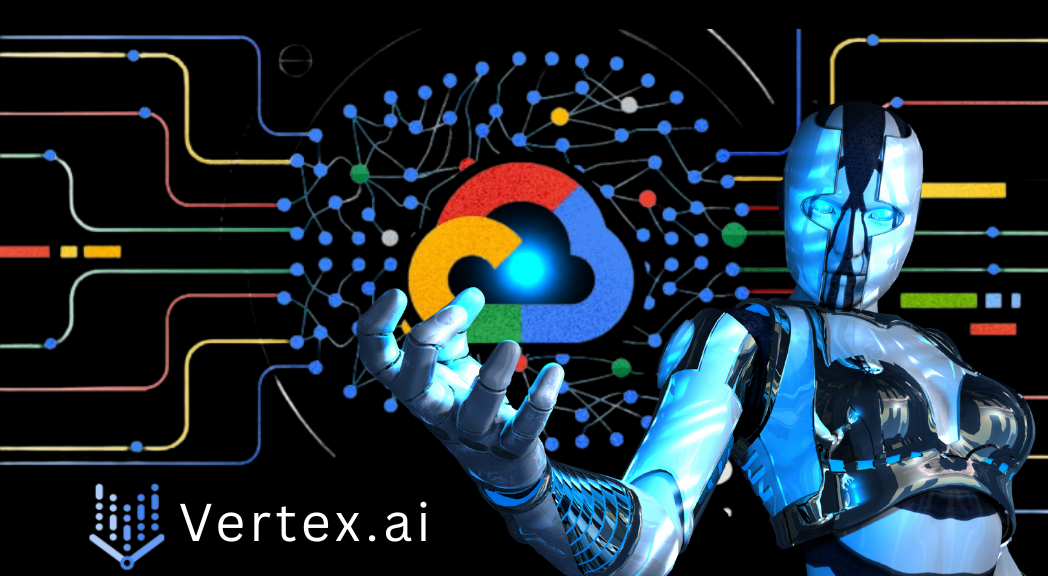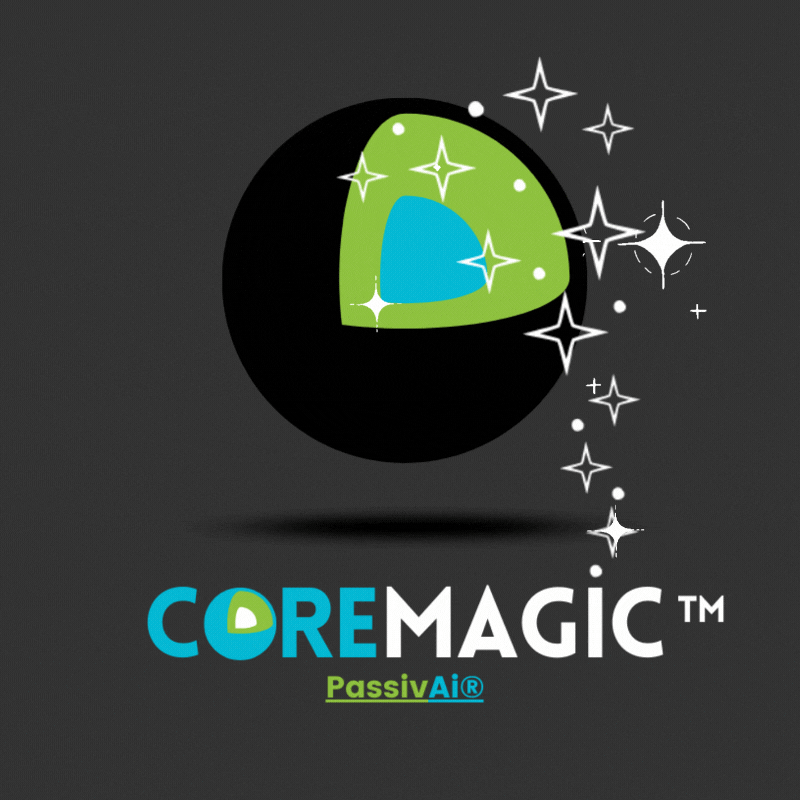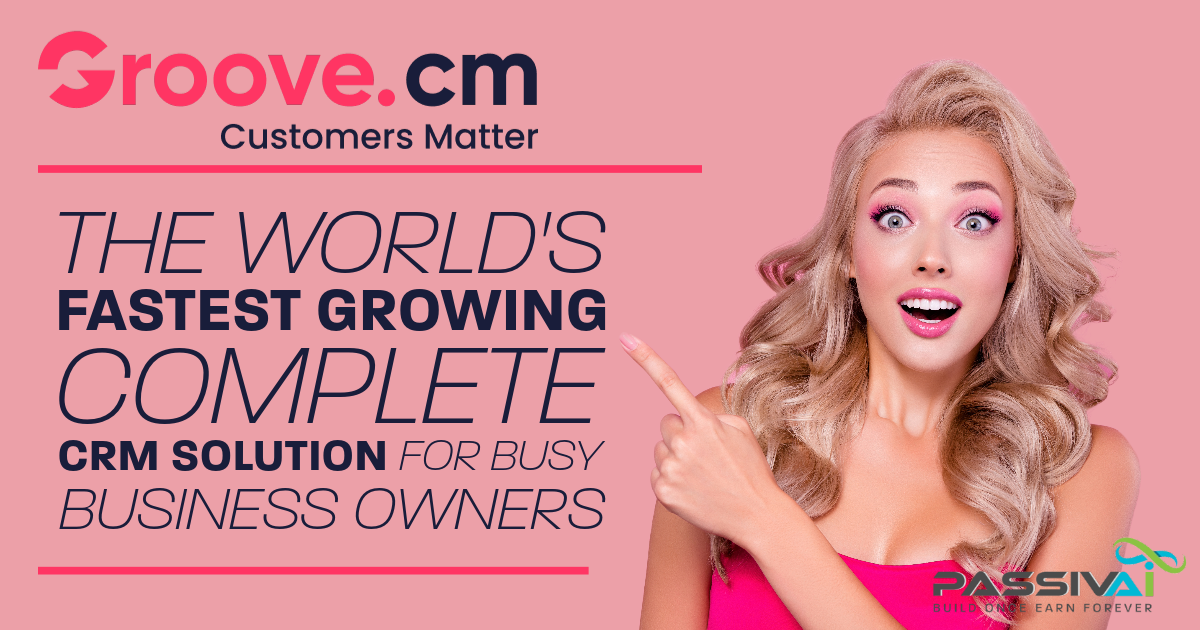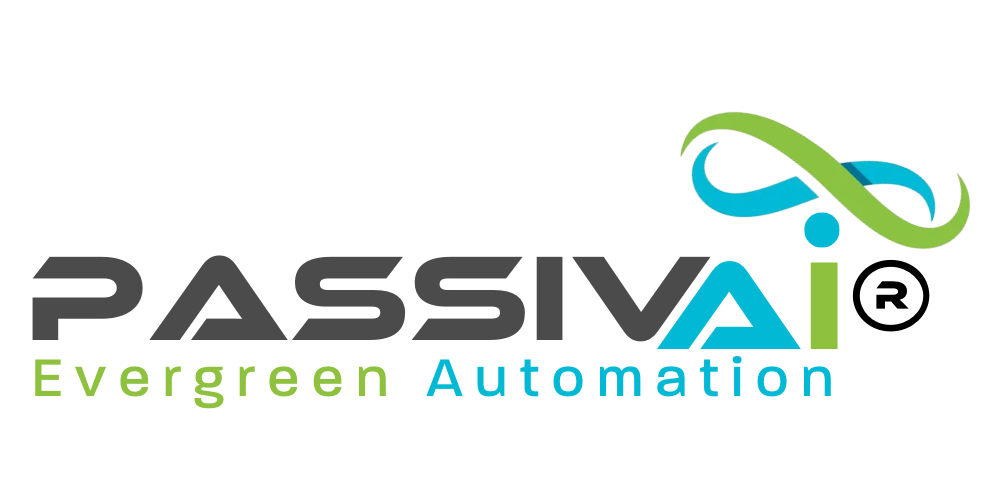AI Storytelling
 AI storytelling has emerged as a game-changing solution. Traditional content creation methods can no longer keep pace with the demands of modern digital marketing.
AI storytelling has emerged as a game-changing solution. Traditional content creation methods can no longer keep pace with the demands of modern digital marketing.The marketing landscape is undergoing a seismic shift. As businesses struggle to create personalised, engaging content at scale, AI storytelling has emerged as a game-changing solution. Traditional content creation methods can no longer keep pace with the demands of modern digital marketing.
Whether you're a seasoned marketer or a business owner, understanding how to harness AI storytelling is becoming essential for survival in today's competitive landscape.
This guide will show you exactly how to leverage AI storytelling tools to transform your marketing strategy, boost engagement and drive measurable results.
The Rise of AI-Powered Storytelling in Marketing
 AI-storytelling technology analyses vast amounts of customer data, including browsing behaviour, purchase history, and demographic information, to craft stories that truly resonate with specific audience segments.
AI-storytelling technology analyses vast amounts of customer data, including browsing behaviour, purchase history, and demographic information, to craft stories that truly resonate with specific audience segments.AI storytelling represents a fundamental shift in how brands connect with their audiences. Unlike traditional marketing approaches, AI-powered storytelling combines data analytics, natural language processing and machine learning to create highly personalised, emotionally resonant content at scale.
Key advantages of AI storytelling include:
- Personalisation at scale - Creating thousands of unique content variations
- Real-time adaptation - Adjusting narratives based on audience response
- Consistent brand voice - Maintaining messaging across all channels
- Data-driven insights - Understanding what stories connect best with audiences
Recent studies show that businesses implementing AI storytelling tools have seen:
- 47% increase in customer engagement
- 38% improvement in content creation efficiency
- 52% higher conversion rates
- 43% reduction in content production costs
However, success with AI storytelling requires more than just implementing the technology. It demands a strategic approach that balances artificial intelligence with human creativity and emotional intelligence.
To harness the power of AI storytelling effectively, marketers need to understand and utilise the right tools and techniques.
Essential AI Storytelling Tools and Techniques
 To harness the power of AI storytelling effectively, marketers need to understand and utilise the right tools and techniques.
To harness the power of AI storytelling effectively, marketers need to understand and utilise the right tools and techniques.Here's a comprehensive breakdown of the most impactful approaches:
Natural Language Generation (NLG) Platforms:
These sophisticated systems transform data into narrative content, creating personalised stories at scale.
Leading platforms now offer advanced features such as:
- Emotional tone adjustment
- Multi-language support
- Brand voice customisation
- Context-aware content generation
Predictive Analytics for Story Optimisation:
Modern AI tools can predict which story elements will resonate most with specific audiences.
This includes:
- Character development preferences
- Plot structure optimisation
- Emotional trigger identification
- Timing recommendations for content delivery
Visual Storytelling AI:
Advanced image and video generation tools now create compelling visual narratives that complement written content:
- Custom image creation
- Video script generation
- Visual style matching
- Automated video editing
The key to success lies in combining these tools strategically while maintaining authentic human oversight. Successful brands typically start with one tool and gradually expand their AI storytelling toolkit as they become more comfortable with the technology. Creating an effective AI storytelling strategy requires careful planning and execution.
Implementing an AI Storytelling Strategy That Converts
 Creating an effective AI storytelling strategy requires careful planning and execution.
Creating an effective AI storytelling strategy requires careful planning and execution.Define Your Narrative Goals
Start by clearly outlining what you want your stories to achieve:
- Brand awareness building
- Lead generation
- Customer education
- Sales conversion
Data Collection and Analysis
Gather and analyse relevant data to inform your storytelling:
- Customer behaviour patterns
- Content engagement metrics
- Purchase history
- Social media interactions
Content Creation and Optimisation
Develop a systematic approach to content generation:
- Create content templates
- Set up automated workflows
- Establish quality control measures
- Implement A/B testing protocols
Performance Monitoring
Track key metrics to measure success:
- Engagement rates
- Conversion metrics
- ROI measurements
- Customer feedback scores
Refine & Review
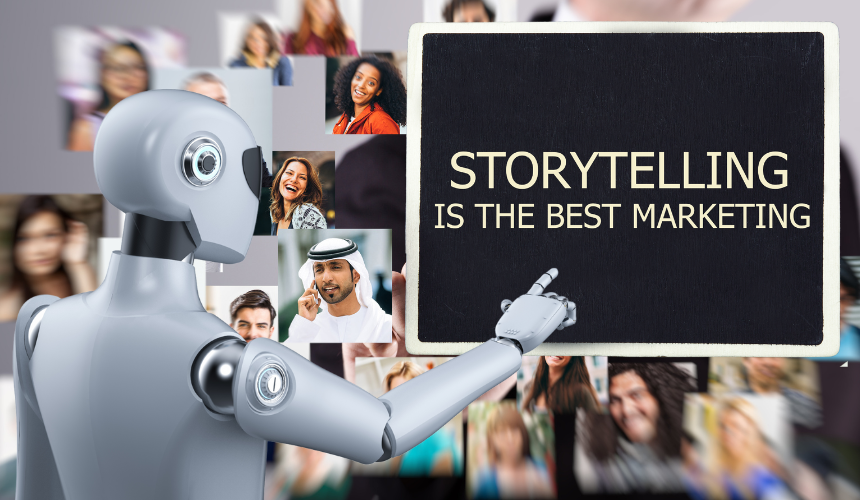 AI-powered storytelling is transforming marketing and redefining how brands connect with their audiences.
AI-powered storytelling is transforming marketing and redefining how brands connect with their audiences.Remember that successful AI storytelling requires continuous refinement. Regularly review performance data and adjust your approach based on results and audience feedback.
Integration with existing marketing channels is crucial for maximum impact. Ensure your AI-generated stories align seamlessly with your overall marketing strategy and maintain consistency across all platforms.
By embracing these tools and techniques while maintaining a human touch, businesses can create more engaging, personalised and effective marketing campaigns.
"The future of marketing lies in finding the perfect balance between artificial intelligence and authentic human creativity." Kerry Greener
Ready to transform your marketing with AI storytelling?
Join the PassivAi® Infinity Lab, our free Skool community, where you'll discover:
- Proven AI storytelling strategies to create timeless content
- Step-by-step guides for building automated online income streams
- Insider tips to optimise your AI-powered business assets
- Ongoing insights into the latest AI tools and innovations

